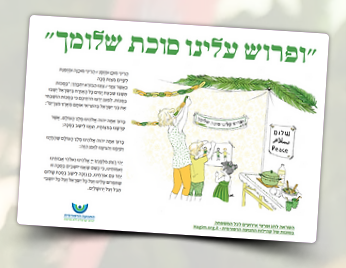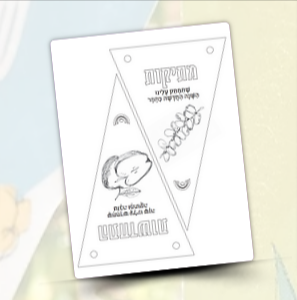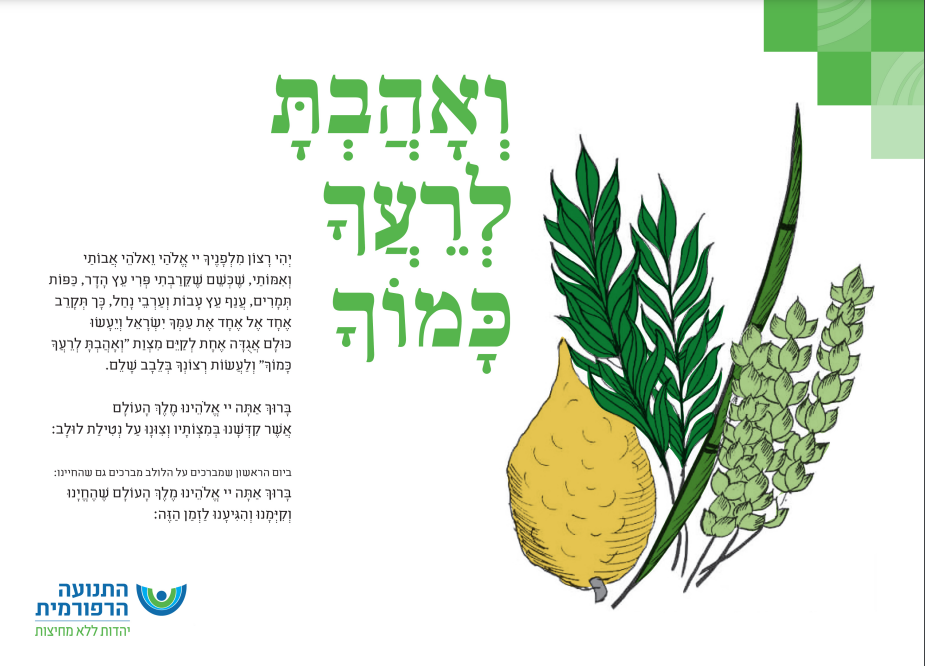It all starts with a Sukkah
The holiday of Sukkot invites us to open up and move into new spaces. We build a temporary, new dwelling outdoors in order to reconnect and reconsider the structures that we build to live our lives.
The significance of the Sukkah is that it is built outside our homes, with thin, often fabric, walls, and an open thatched roof, under the stars. The Sukkah creates a space that is open but also safe, a space where we can connect with our surroundings, nature on the one hand, and our community on the other. Those who live right next to us but are not part of our lives in any regular way.
The Israel Reform Movement invites you to build and decorate your Sukkah with egalitarian decorations, and invite your neighbors in the broadest sense of the word – extend your home to new members of your synagogue, community, work or volunteer circles – and remember that we all live under the same sky.
Wondering what the Sukkah is all about? We asked a few Israel Reform Rabbis to help find some answers.
About the Sukkah Structure
One of the main mitzvot – or commandments – required of our Sukkah is that we can see three stars through the thatched roof. Other guidelines for its construction also ask that the Sukkah will be a temporary dwelling, a home away from home.
The Sukkah has a frame but it is thin, it has walls but no door, it has a roof but it is not sealed. The space created in the Sukkah plays between inside and outside, between nature and culture, between open and safe. This space allows us to get out of our comfort zones, away from the familiar and habitual, and into the different, unconventional, and temporary; but all in a way that does not threaten us. After all, we are at home.
Hosting Guests – Ushpizin and Ushpizot
Another custom of the holiday is the welcoming of guests into our new or temporary homes. The Aramaic word for hosting is Usphizin which originates in the 16th century from the Beit Midrash of the Ari. According to its method, each evening a different important Jewish guest is invited from our tradition: Abraham, Isaac, Jacob, Joseph, Moses, Aaron and David, each of them representing a quality or type of person.
Today, this concept has been reconsidered to include welcoming female figures from Jewish scriptures and history, and is called Ushpizot, in the female Hebrew.
The blessing for Ushpizin and Ushpizot below, from the book BaZman by Rabbi Dalia Marx, is composed and performed by Cantor Rabbi Shani Ben-Or and Boaz Dorot, with Tomer Einat on violin. We recommend palying it in the background of your joyful hosting events during Sukkot.
Download these decorations and blessings for your celebration





